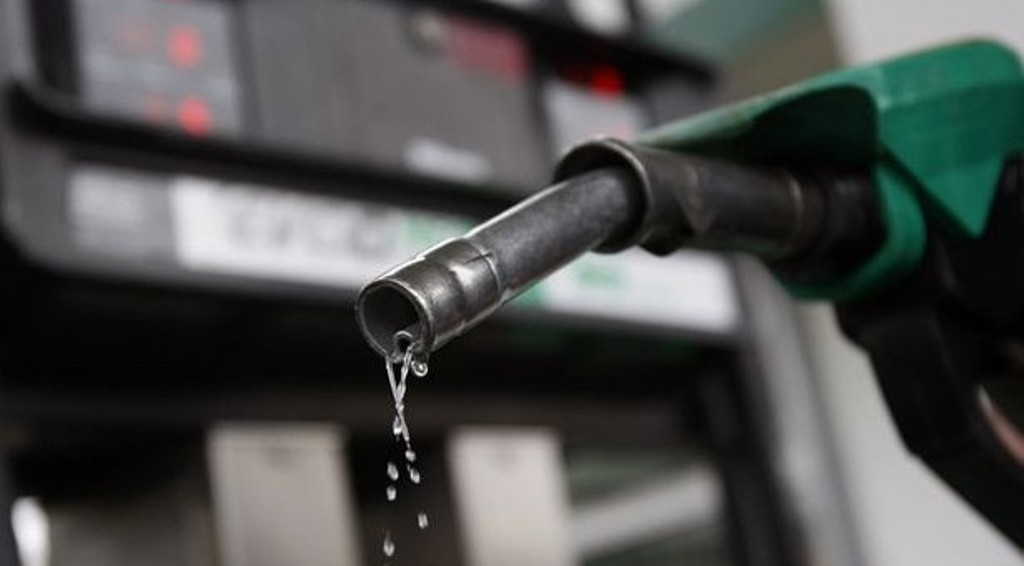
Strategic petroleum reserves will no longer be left in the hands of the industry sector, as they will now be managed by the state. This is the scope of a bill that the ministry of Economy and Finance is discussing with different groups of interest. Meanwhile, this ministry is also planning the introduction of a new tax on oil and its byproducts. The argument for this is to use “strategic petroleum reserves in case of a sudden reduction or lack of market supply with crude oil by products”.
The ministry goes even further: “The scope of this bill is to maintain national security and guarantee a normal living for the population”. But how will this process be implemented? “Petroleum reserves will be kept by a state agency and not by the industry, as it’s currently the case. This goal is expected to be achieved by the end of 2022, in order for the economic effects of this measure to be acceptable”, the bill in question explains. Based on a special action plan, the aim is for the industry to hold 30 days worth of reserves, while the agency will gradually build up its part of the reserves.
“This way, petroleum reserves will be fully monitored as a very strategic aspect of the state”, experts predict. Meanwhile, another new tax will be added to the hydrocarbon sector. “In order to finance and create, preserve and manage strategic petroleum reserves, a new tax will be introduced for this scope. This tariff will be added to the price of fuel that petrol companies will pay to the state”, the bill in question states.
Seven taxes are currently paid on oil byproducts
Currently Albanian consumers pay seven taxes which are currently paid on oil byproducts. Thus, in a liter of diesel, the Albanian government collects 37 lek as excise duty, 27 lek in road tax, 3 lek in carbon emission tax and 7-10 lek in relicensing tax. Meanwhile, there are another two taxes which will be paid: 1 lek per liter for fuel marking and 1.4 lek per liter for fuel scanning. Let us not forget Value Added Tax (VAT), which amounts to 20% of the final price or 30 lek per liter.
Figures/What’s the amount of reserve oil kept by whole sale companies?
In total there are 218.370 tons of oil and its byproducts which are currently kept in reserve by wholesale companies. All of this is destined to go on the market in times of shortages. Out of them, 12 thousand tons are crude oil, while 20.7 thousand are petrol. Meanwhile, the largest amount of oil byproducts kept in reserve is gasoil with up to 151 thousand tons.





 ALB
ALB
 ENG
ENG
